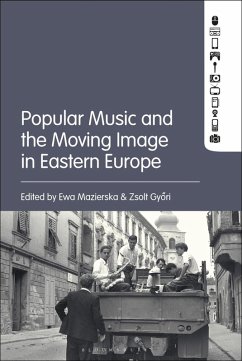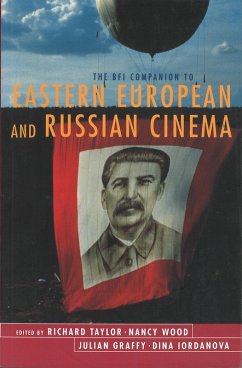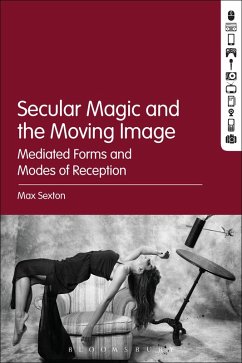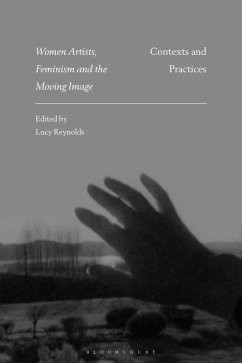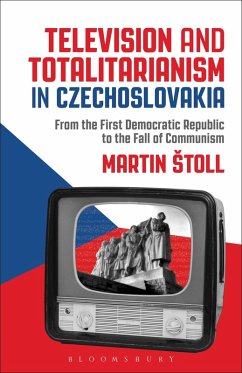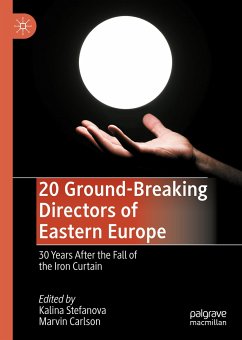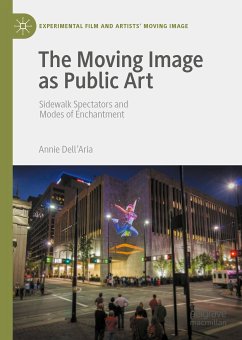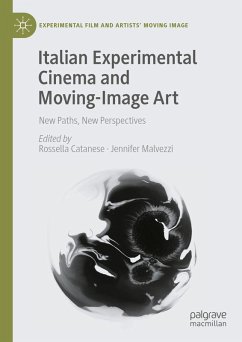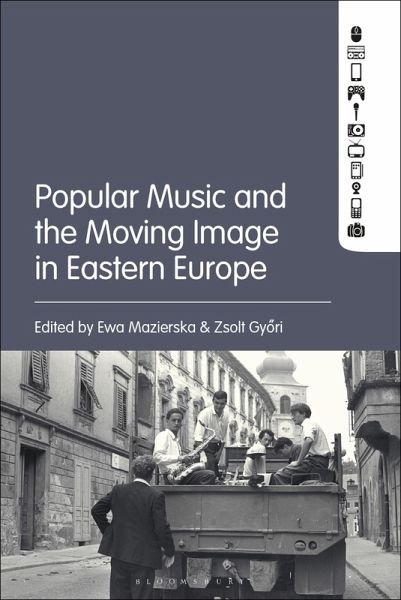
Popular Music and the Moving Image in Eastern Europe (eBook, PDF)
Versandkostenfrei!
Sofort per Download lieferbar
28,95 €
inkl. MwSt.
Weitere Ausgaben:

PAYBACK Punkte
14 °P sammeln!
Popular Music and the Moving Image in Eastern Europe is the first collection to discuss the ways in which popular music has been used cinematically, from musicals to music videos to documentary film, in Eastern Europe from 1945 to the present day. It argues that during the period of state socialism, moving image was an important tool of promoting music in the respective countries and creating popular cinema. Yet despite this importance, filmmakers who specialized in musicals lacked the social prestige of leading 'auteurs' and received little critical attention. The resulting scholarly prejudic...
Popular Music and the Moving Image in Eastern Europe is the first collection to discuss the ways in which popular music has been used cinematically, from musicals to music videos to documentary film, in Eastern Europe from 1945 to the present day. It argues that during the period of state socialism, moving image was an important tool of promoting music in the respective countries and creating popular cinema. Yet despite this importance, filmmakers who specialized in musicals lacked the social prestige of leading 'auteurs' and received little critical attention. The resulting scholarly prejudice towards pop culture created a severe shortage of critical studies of the genre. With the fall of state socialism - and with it, the need for economically viable film and media industries - brought about an unprecedented upsurge of films utilizing popular music, and a greater recognition of popular cinema as a legitimate object of study. Popular Music and the Moving Image in Eastern Europe fills the gap and demonstrates why the popular music-cinema interface needs to be theorized with respect to the political, ideological, and social forces invested in popular culture.




